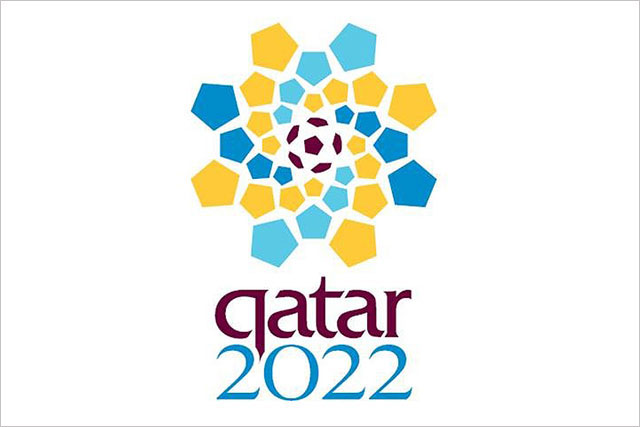
Yesterday, the Fifa Task Force for the International Match Calendar 2018-24 proposed that the 2022 World Cup in Qatar take place in late November or late December.
ZenithOptimedia said that people were "much more likely" to stay in to watch TV when it was cold and dark outside. Viewing figures are approximately between 15 and 20 per cent higher over November and December compared with June and July.
Jonathan Barnard, the head of forecasting at ZenithOptimedia, said: "Casual viewers, who would not normally make a special effort to watch a game, are more likely to be at home and available to view, while fans are less likely to go out to watch in a pub, where their viewing will go unmeasured. So the supply of viewers will be higher."
Barnard explained that there would be higher demand from brands too. During the last quarter of the year, in the run-up to Christmas, airtime prices are greater than in summer.
The agency believes that if the World Cup were to take place in winter, it would generate an extra £50 million in UK TV adspend, compared with £38 million for a summer competition.
Barnard said: "The proposed delay would therefore increase the value of the World Cup to broadcasters by £12 million."
ZenithOptimedia predicted that the majority of the extra value would go to ITV, which has the rights to the games along with the BBC. However, other broadcasters would also benefit.
Barnard also said: "Because demand is so high around World Cups, advertisers that target different demographics often move budgets earlier in year, and so we would expect some of the activity that would have taken place in November and December on ITV, to move to September and October across all channels."


.jpg)


.jpg)